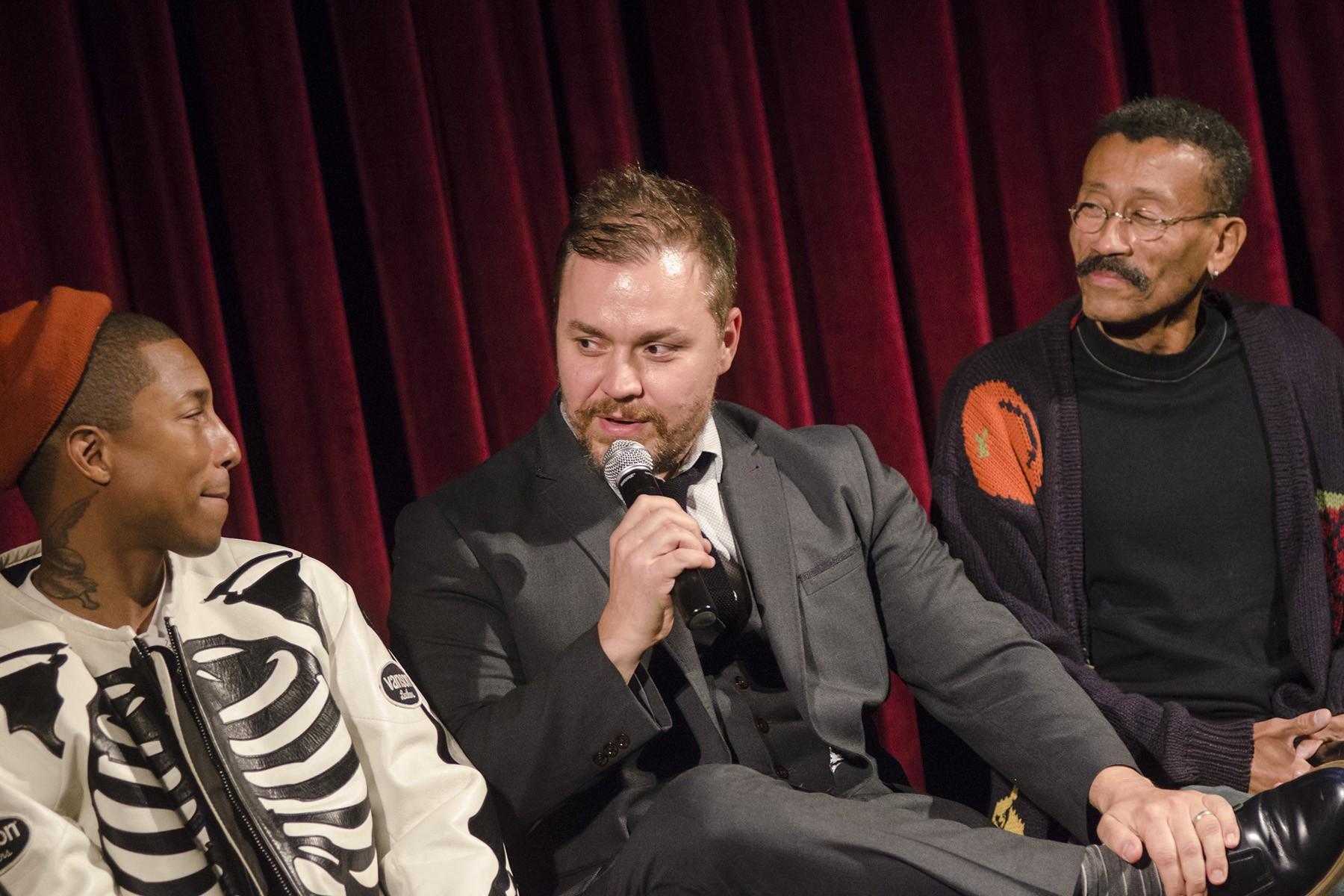
Ringer Editor-in-Chief Sean Fennessey is hosting a film podcast leading up to February’s Academy Awards. In this first episode, he interviews Ted Melfi, the director of Hidden Figures. The two discuss how the film appears to be perfectly timed for the current national climate.
Listen to the full podcast here. This transcript has been edited and condensed.
Myriad Events Have Collided With the Making of the Film
Sean Fennessey: There’s something very spirited and hopeful about the movie, and obviously this is a very complicated time in society. Obviously movies take a long time to make, over the course of years. When you were doing it, was it existing in a different time frame, where it felt like the world was different somehow? And then it just so happens that it’s this way or is that just a function of the way things go?
Ted Melfi: It’s that classic art imitates life thing. We started the film before the first African American motorist got shot by a cop [that got national attention]. We started the film before the Black Lives Matter movement. We started the film before #OscarsSoWhite. All of these things happened as we were shooting or slightly after we were shooting. The opening scene in our film is these women stuck in a road in a small town and up comes a white cop.
I didn’t realize how powerful [that scene] was until we showed it to an audience in Kansas in July. That audience didn’t breathe. Then they started to laugh, once they realized that the scene would flip, they let it go.
All of a sudden, God bless, John Glenn passes away. We have a tribute to John Glenn at the end of the movie, done before he had passed away. All these things have collided.
And then Donald Trump’s election [happens] and the racial divide and racial and sexist tensions in the country [intensify]. It may have been a very different movie if Hillary Clinton had won the election.
Fennessey: Yeah, it’s a little bit of a cliché to say that this is something that people need right now, but I can totally see why everyone is connecting with it, it makes a lot of sense.
Melfi: Yeah, it’s just one of those things that hits a chord at a time. Life is about timing.
Hollywood Is Too Slow to React — It Happens by Accident
Fennessey: Was [Black Lives Matter and everything else] something you talked about on set at all? Was there a feeling where you were responding to any of those things? Or was it just a happenstance for when you were making this movie?
Melfi: It was all happenstance. It was all serendipity. We never discussed Black Lives Matter, we never discussed #OscarsSoWhite. People are discussing it now, and the movie is not reactionary. People will watch the Oscars or watch the Golden Globes and say, “Hollywood has reacted to the #OscarsSoWhite this year.” Hollywood has not reacted to anything. Hollywood is the slowest force on the planet, Hollywood is like molasses. Hollywood has been working on these movies for years. Loving has been [in the works] for years. Birth of a Nation, Nate Parker has been working on [that] for eight years. Loving and Hidden Figures and all these things, Moonlight, all these things have been going on, Denzel [Washington] has been circling Fences for so long. None of it was reactionary.
On Directing the Movie As a White Male
Fennessey: Did you have any misgivings or apprehension about doing a story like this, being who you are and telling the story of women and black women in the ’50s and ’60s?
Melfi: Yeah, I was and still am scared to death. I was scared to death to take it on as a white male, and I was like, “What do I have to offer to this story?” If I had thought about it long enough, I might not have done it. But I didn’t think about it a lot until after, when people said, “You know you’re white.” And I said, “Yes, I’ve been living like that my whole life.”
I one day hope that we don’t say “black film.” We say “film.” I hope one day we don’t say “white director” or “black director,” we say “director.” That’s where we’re heading. That’s where my 11-year-old is. She watches the movie and goes, “I don’t understand this.” And I say, “What don’t you understand?” She goes, “Why would they treat her any different?” What’s beautiful is that you get to have that conversation.
So no, I had misgivings [only] after doing it, really. When I realized, “Oh my god, what did I just do.” But ultimately a filmmaker is a person who tells stories of humans. More than anything I pride myself on loving being a human myself and loving humanity myself. So to me, it’s not a black story, it’s not something I couldn’t do.